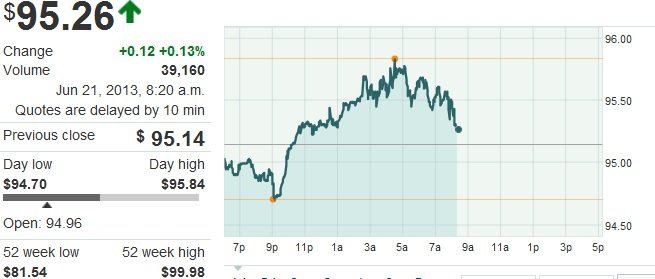you have a viable strategy there. keep pushing and developing it, it's totally practical and doable and legal in an urban environment. i've seen it in action over ten years ago so i can only assume the techique has been refined and put into common practice even more since then.
i know of chemistry majors and environmental scientists that were successfully doing that in oregon, bunch of hippies. really smart hippies, but hippies none the less. i even went for a ride in a biodeisel flatbed farm pickup, it works.
most recycled vegetable oil outlets have to pay to get rid of it, cultivate some local relationships and maybe get it for free (and some free wontons or a asian hug and squeeze on the side). also, if you could convince some medical mj growers to donate the hemp byproducts (or the dea to let you render down the seized stashes instead of burning it) you might be driving around for free and leaving smiles in your wake for more than one reason.
k5 blazers are nearly indestructible. i had to roll a comparable pickup gas model 720 degrees with a half-twist at highway speed and come down on the nose before it refused to go anymore and only then because the rims/hubs folded flat on the initial entry. the engine was still good so i sold it and traded the body steel for a county school playground set that weighed half as much.
say, you're not a prepper are you?

